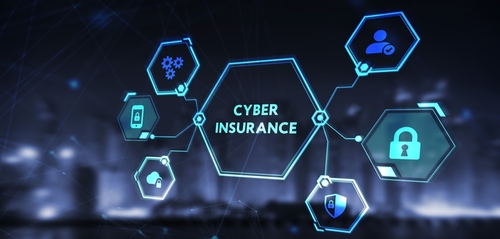Cyber insurance can help improve cyber security in a number of ways.
Cyber insurance helps businesses to mitigate the risk associated with cyber attacks, and also encourages them to take proactive steps to strengthen their cyber security measures. In order to qualify or maintain a cyber insurance policy, companies and organizations are investing more resources into improving their cyber security, training users on how to identify and respond to cyber threats, and implementing policies and procedures to help protect their systems.
In today’s cyber insurance underwriting practices, the standard cyber security measures that are required include steps taken to protect computer systems and networks from malicious attacks, such as viruses, malware, and hackers. Examples of the required cyber security measures include using strong passwords, using multi-factor authentication, endpoint detection response, installing anti-virus and anti-malware software, regularly backing up data and maintaining an offsite/offline backup, segregating data and networks, and using encryption. Additionally, businesses are expected to have employee training and awareness programs in place to educate employees about cyber security best practices.
Many cyber insurance policies can also provide businesses with access to experienced cyber security professionals. These experts help provide advice on how to respond to an attack, as well as offering guidance on how to improve the organization’s overall cyber security posture.
Cyber insurance can help businesses make their cyber security strategy more effective. With cyber insurance in place, businesses can feel more secure in their ability to respond to a breach. This can help them focus more on proactive measures such as employee training, regular patching, and other security measures that can help prevent an attack in the first place.
In conclusion, cyber insurance can be a valuable tool for businesses looking to protect themselves from cyber threats. It can help mitigate the financial costs associated with a breach, as well as providing access to cyber security professionals and improving the effectiveness of an organization’s cyber security strategy.
